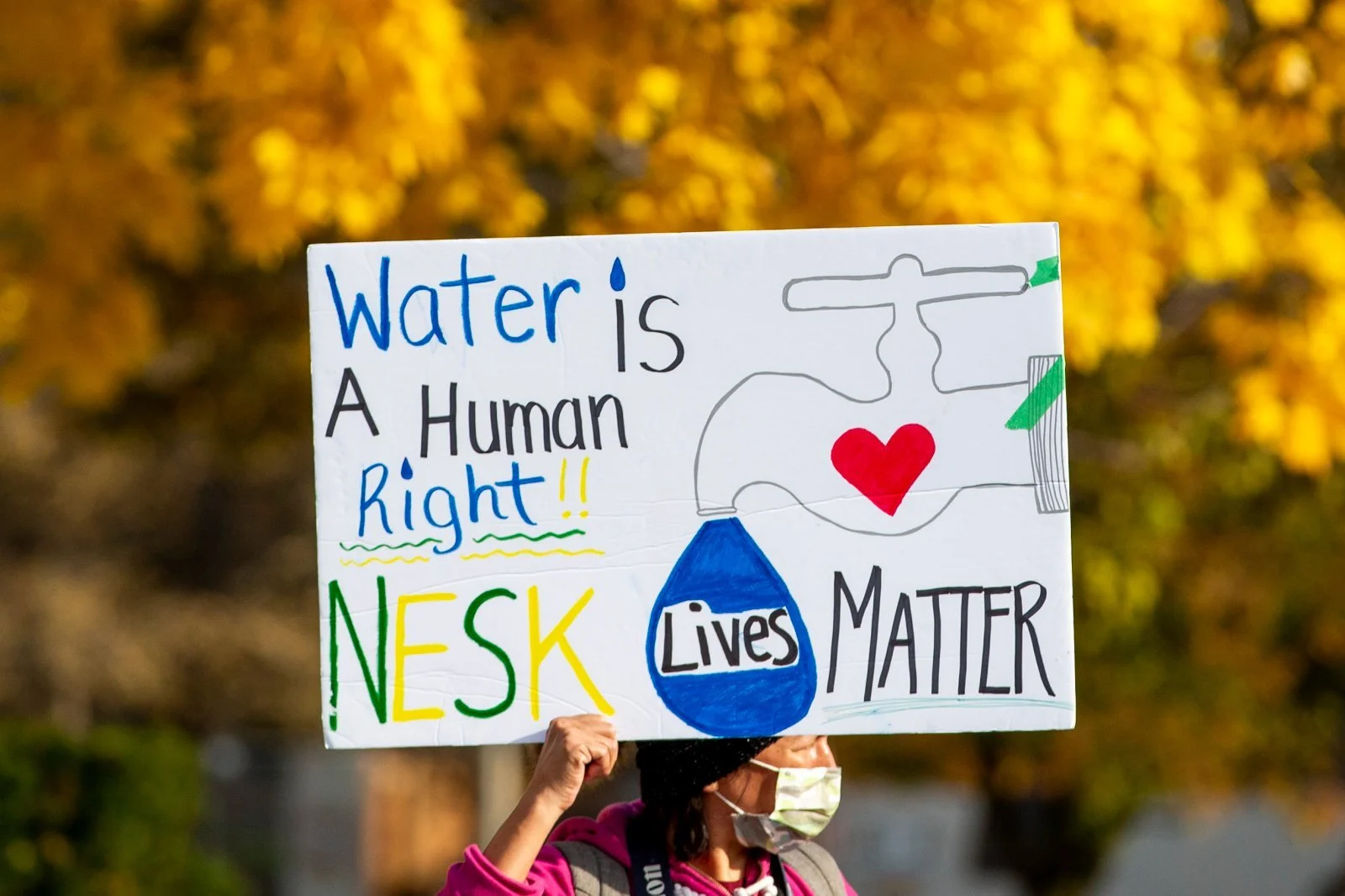Q: Black and Indigenous people are often the ones most affected by climate change, and yet they're not necessarily at the table in negotiations for solutions. How do we change that? A: We live in the most multicultural country in the world, we have the entire world within our borders. So that gives us access to a plethora of knowledge. But the issue that we tend to have is, when we invite people to the table to have discussions, it's in a very Western framework. We have a one-hour meeting where we're going to discuss X, Y, Z. But a lot of cultures don't work that way. There are a lot of Indigenous cultures that need to meet and spend weeks building relationships and having meals together without talking about business, and then slowly bring up business here and there.
How colonial systems have left some First Nations without drinking water
Rebecca Zagozewski, executive director of the Saskatchewan First Nations Water Association, said she has seen contractors save on costs when building water treatment plants on reserves by using obsolete parts and failing to include maintenance manuals, ventilation or chemical rooms, and bathrooms. “Engineering companies will put in their bids obviously as low as they can go,” said Zagozewski.
‘Water is life’ teaches new Syilx children’s book series
A new children’s book series by a Syilx and Nlaka’pamux author is teaching kids about the importance of water as a living entity and how to protect it. “It was significant and important for me to write this series because water is life. I wanted to create awareness of water practices and policies, to ensure that it’s protected,” says author Harron Hall. The four-book series, titled Follow the Water, will launch on Feb. 5, and marks Harron’s publishing debut.




